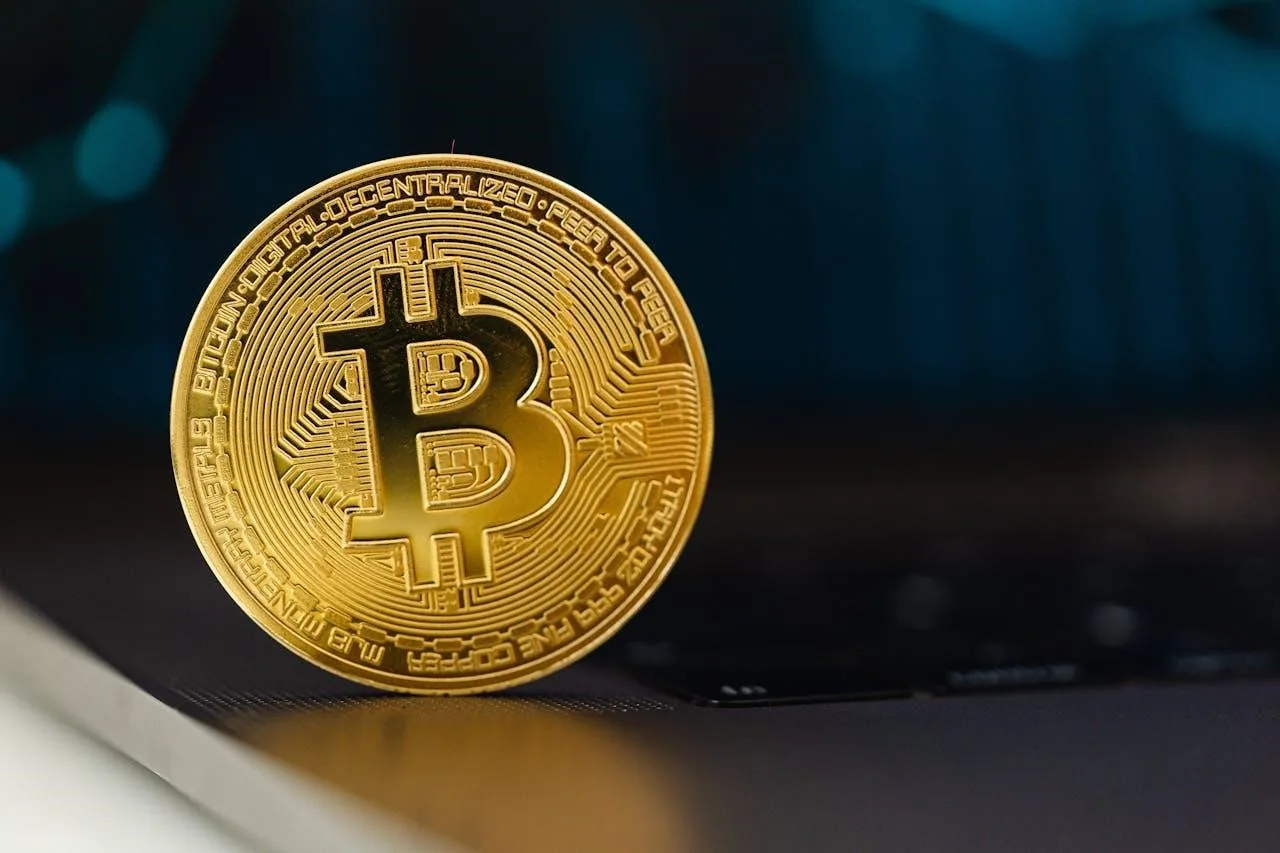A tecnologia blockchain está vivenciando um aumento na popularidade no Brasil, indo além de sua associação inicial com o comércio de criptomoedas. Um esforço colaborativo entre reguladores e empresas brasileiras impulsiona esse crescimento. Juntos, eles estão trabalhando para liberar o potencial do blockchain e impulsionar o crescimento econômico em diversos setores do país.
Com uma população massiva de 212 milhões, o Brasil registrou um aumento notável na adoção de criptomoedas, alcançando 17 milhões de usuários—o que representa 8,3% da sua população. Esse avanço posiciona o Brasil como um influente chave no domínio global das criptomoedas, consolidando-se como o ponto central para a inovação fintech na América Latina dentro do universo cripto.
Nesta exploração, mergulhamos no crescente mundo do blockchain no Brasil e vislumbramos as oportunidades promissoras que se desenham no horizonte.
De Criptomoedas a Indústrias Centrais
O Brasil se posiciona na vanguarda da revolução global do blockchain, impulsionado por uma estrutura regulatória favorável e uma cultura de inovação. O país está testemunhando um aumento nos esforços colaborativos entre instituições tradicionais e entidades de blockchain. Notavelmente, bancos, fintechs, grandes varejistas, clubes esportivos e aplicativos de transporte urbano estão explorando parcerias com plataformas e exchanges de blockchain nativas para oferecer criptoativos a seus clientes.
Essa abordagem visionária também é refletida em iniciativas governamentais. O Brasil está se preparando para lançar sua própria Moeda Digital do Banco Central (CBDC) até o final de 2025, ampliando uma trajetória iniciada com produtos de investimento, como ETFs de Bitcoin, disponíveis desde 2020. Essa combinação de envolvimento industrial e suporte estatal reforça o papel do Brasil como pioneiro na integração do blockchain.
O que começou com um foco em criptomoedas, como o Bitcoin, evoluiu no Brasil para uma narrativa mais ampla do blockchain. Órgãos reguladores, como o Banco Central e a CVM, estão proativamente apoiando essa evolução, cultivando um ambiente favorável à inovação. A essência segura e transparente da tecnologia blockchain está agora penetrando setores como finanças, agricultura, logística e administração pública.
Finanças Tradicionais Encontram Ativos Digitais
Uma tendência notável é a fusão dos mecanismos financeiros convencionais com ativos digitais e infraestrutura de blockchain. Isso foi evidente no Febraban Tech, um renomado evento de fintech na América Latina, onde grandes bancos brasileiros como Bradesco, Itaú e Santander discutiram a tokenização de ativos — a conversão de ativos tradicionais em tokens digitais em um blockchain.
Benefícios e Desafios
A adoção do blockchain oferece benefícios significativos, incluindo maior segurança, redução de custos operacionais e aprimoramento da experiência do cliente no setor financeiro. Além disso, pode otimizar pagamentos transfronteiriços e eliminar ineficiências nos sistemas bancários tradicionais. Em 2023, o Brasil deu um grande passo ao introduzir um sistema baseado em blockchain. Essa abordagem inovadora utiliza a tecnologia blockchain para aprimorar a segurança e otimizar o compartilhamento de dados entre agências governamentais. O sistema fundamenta a emissão de novos cartões de identidade nacionais, oferecendo aos cidadãos um método seguro e conveniente para identificação.
No entanto, ainda existem desafios. É necessário superar a lacuna de conhecimento e a falta de expertise técnica em tecnologia blockchain.
Olhando para o Futuro: Um Futuro Promissor
Embora a adoção do blockchain prometa inúmeras vantagens, como maior segurança, redução de custos e uma experiência do cliente mais rica no setor financeiro, desafios ainda persistem. Além disso, superar a lacuna de conhecimento e aprimorar a competência técnica em tecnologia blockchain são tarefas cruciais. À medida que o Brasil impulsiona sua agenda de transformação digital, espera-se que o blockchain conduza o país para uma economia digital mais eficiente, transparente e segura. Com o ecossistema de startups do país florescendo, novas inovações em aplicações de blockchain estão por vir. Ao investir em educação e diminuir a disparidade de habilidades, o Brasil está preparado para superar obstáculos e liberar o potencial completo da tecnologia blockchain, podendo reformular diversas indústrias e consolidar sua posição como líder em economia digital.

